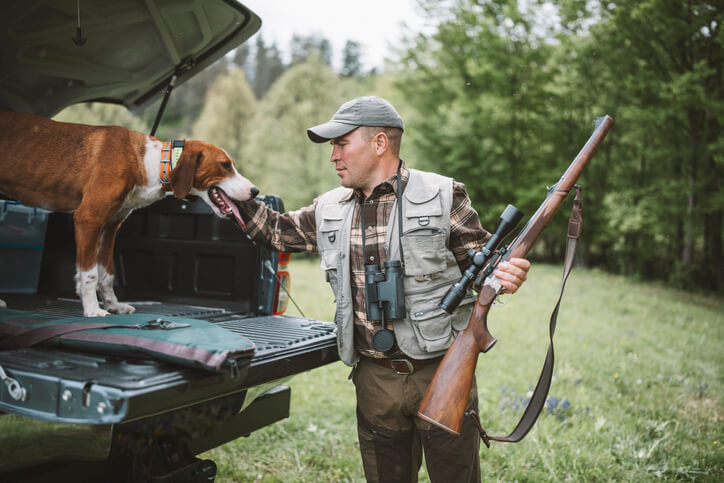What is a Hunting Lease? And Do I Need A Written Hunting Lease Agreement?
In its simplest form, a hunting lease is an agreement between a landowner (the “lessor”) and a hunter (the “lessee”) whereby the landowner agrees to let the hunter use his or her land for hunting purposes in exchange for cash rent. While it may feel like such an arrangement can be accomplished by a simple handshake deal, a hunting lease agreement can easily turn in to something much more complex. There are numerous variables, and endless opportunities for disagreement, when one party leases hunting land from another party. For example, what if the parties discover they do not agree on what kind of animals, or how many, can be hunted? What if the lessee wants to bring guests on to the property? What if the lessor also wants to lease the land to another party for a different use? How and when can either party terminate the agreement?
Given these complexities, it is a good idea to have a lease agreement in writing that lays out the terms of the hunting lease, and the rights and responsibilities of each party thereto. Depending on the duration of the lease, a written agreement may actually be mandatory. The Statute of Frauds in most states requires that contracts which last a year or longer – as many hunting leases do – must be in writing to be enforceable.
What Should a Hunting Lease Include?
At a minimum, a hunting lease should include the names and addresses of the parties involved, a description of the land subject to lease, the duration of the lease, and the rent to be paid.
The land subject to the lease should be described in as much detail as possible, including both common and legal descriptions of the land. One way to avoid confusion is to include a map of the boundaries of the leased area. The map may also depict the roads and points of entry that the lessee is permitted to use, as well as areas where the lessee may clean animal carcasses or dispose of refuse.
The hunting lease should clearly define the durational term of the lease, whether it be monthly, annual, or otherwise. The lease should specify whether the agreement automatically renews at the end of each lease term, or whether the parties must proactively agree to renew the lease in advance. The lease should also detail how much cash rent is due, at what interval, and by what form of payment. The lessor may also consider asking the lessee for a security deposit up front, which may be used to cover any expenses in repairing damages caused by the lessee.
The best way to avoid disagreements and disputes is to make the lease as detailed as possible with respect to which activities are/are not permissible for each party. Consider addressing the following in your hunting lease agreement:
- The species of animals that may be hunted
- The number of each species that may be hunted
- The types of weapons that the lessee may use
- Whether the lessee may bring guests, and the number of guests permitted
- Whether the lessee may construct improvements (e.g., hunting blinds, tree stands)
- Whether the lessee may use hunting dogs
- Whether the lessee may use any facilities on the leased land
- What kind of vehicles the lessee may bring, and where those vehicles may be driven
- Whether the lessee can assign the lease
- What happens if either party breaches the agreement
- What happens in the event of a natural disaster rendering the land unsuitable for hunting
- What happens if the lessor wants to sell the land
- When and how either party can terminate the lease agreement
Whether you are a landowner planning to lease your property for hunting purposes, or whether you are a hunter hoping to lease land, it is important to understand that lease agreements are binding contracts with significant consequences. If you are seeking assistance with drafting a hunting lease that meets your needs and protects your rights as a lessor or lessee, contact our law office and schedule a consultation.

